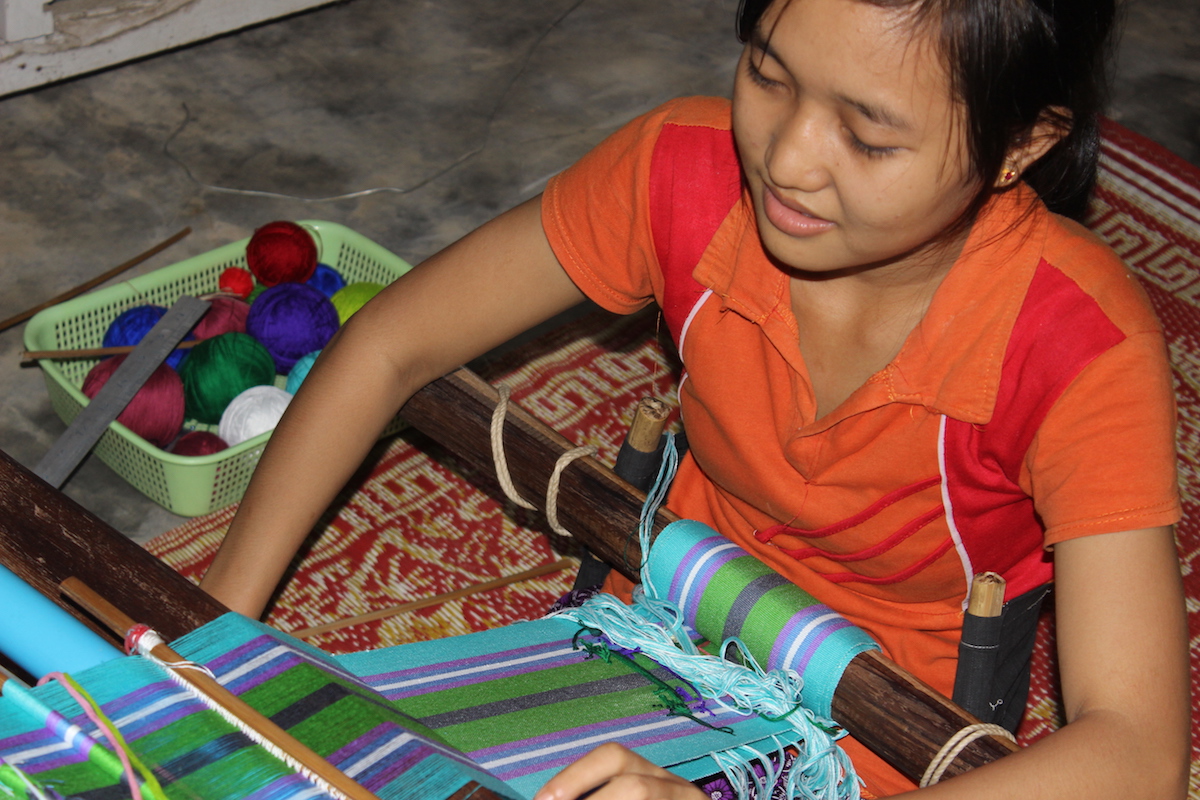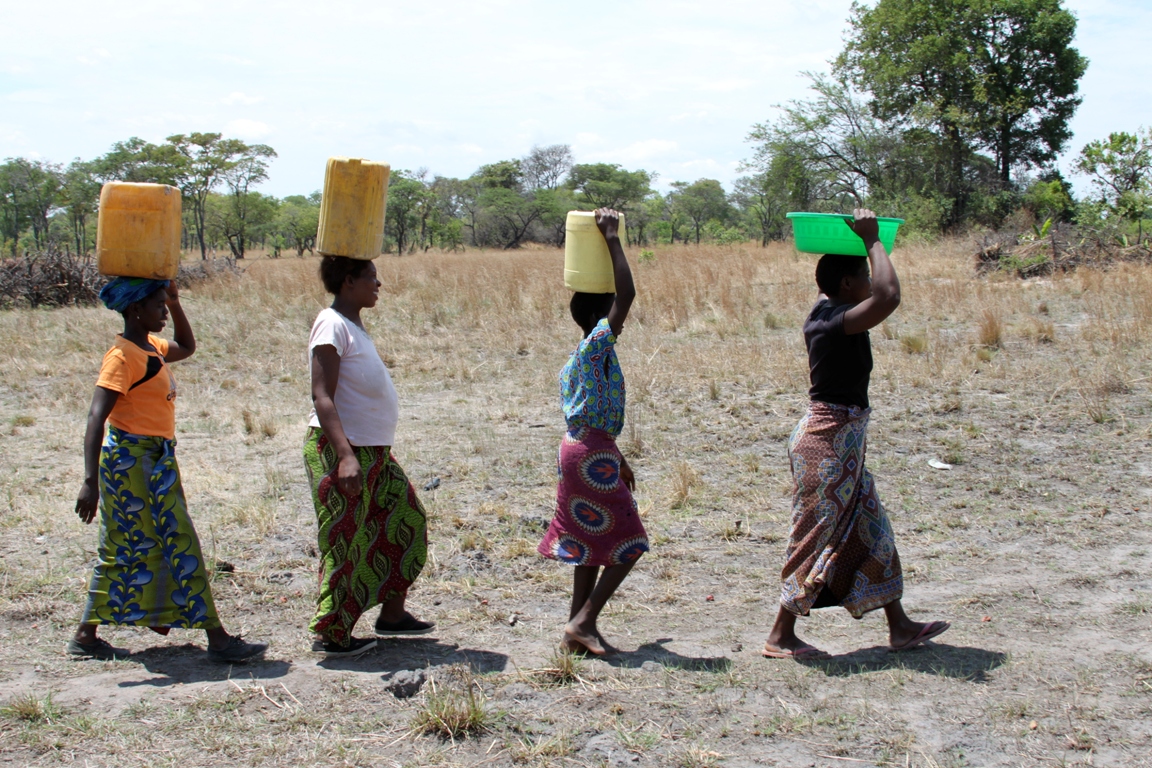Issues to Watch
Issues to Watch
For nearly two decades, Global Women has listening to women and paying attention to the world around them. Our goal is to continually raise awareness about issues of concern to women and provide resources that encourage engagement in meaningful ways.
Issues We're Watching
Human Trafficking
Women’s Economic Security
Women in Leadership



Human Trafficking: Facts and Stats
There are nearly 21 million victims of human trafficking globally, the majority are women and girls.
Source: International Labour Organization
Women and girls together comprise 71% of human trafficking victims globally.
Source: UNODC Global Report on Trafficking in Persons.
Among female victims, 72% are trafficked for sexual exploitation, 20% for forced labor and 8% for other forms of exploitation.
Source: UNODC Global Report on Trafficking in Persons.
More Info and Resources (For Network Members)
Feature Story
Women’s Economic Security: Facts and Stats
Of the more than 1 billion people worldwide living in extreme poverty, 829 million of them are women.
Source: ILO: Equality at work: Tackling the challenges, Global Report under the follow-up to the ILO Declaration on Fundamental Principles and Rights at Work, Report I(B), International Labour Conference, 96th Session, Geneva, 2007, p. 7.
Women spend more hours per day than men doing both paid and unpaid work. With paid work, women still earn less than men worldwide.
Source: UN Women
It is estimated that women could increase their income globally by up to 76 percent if both the employment participation and wage gaps between women and men were closed.
Source: UN Women
“Women continue to suffer discrimination in almost all aspects of employment, including the jobs they can obtain, their remuneration, benefits and working conditions, and their access to decision making positions. Research has shown that gender pay gaps, occupational and vertical segregation, difficulties in balancing work and family life, the disproportionate concentration of women in part-time, informal and precarious work, sexual harassment, and discrimination based on maternity or marital status, all persist despite legislative and policy initiatives.”
Source: ILO: Equality at work: Tackling the challenges, Global Report under the follow-up to the ILO Declaration on Fundamental Principles and Rights at Work, Report I(B), International Labour Conference, 96th Session, Geneva, 2007, p. 19.
More Info and Resources (For Network Members)
Feature Story
Women in Leadership: Facts and Stats
According to a Forbes report, almost four in ten businesses in G7 countries have no women in senior management positions.
Source: Forbes
About four-in-ten people in the US believe higher standards for women and lack of readiness by companies to hire women for top positions and by voters to elect women to higher office are major reasons that there aren’t more women in top leadership roles in business and politics.
Source: Pew Research Center
It is estimated that companies with three or more women in senior management functions score higher in all dimensions of organizational effectiveness.
Source: McKinsey and Company, GCC Women in leadership, Women Matter 2014
More Info and Resources (For Network Members)



